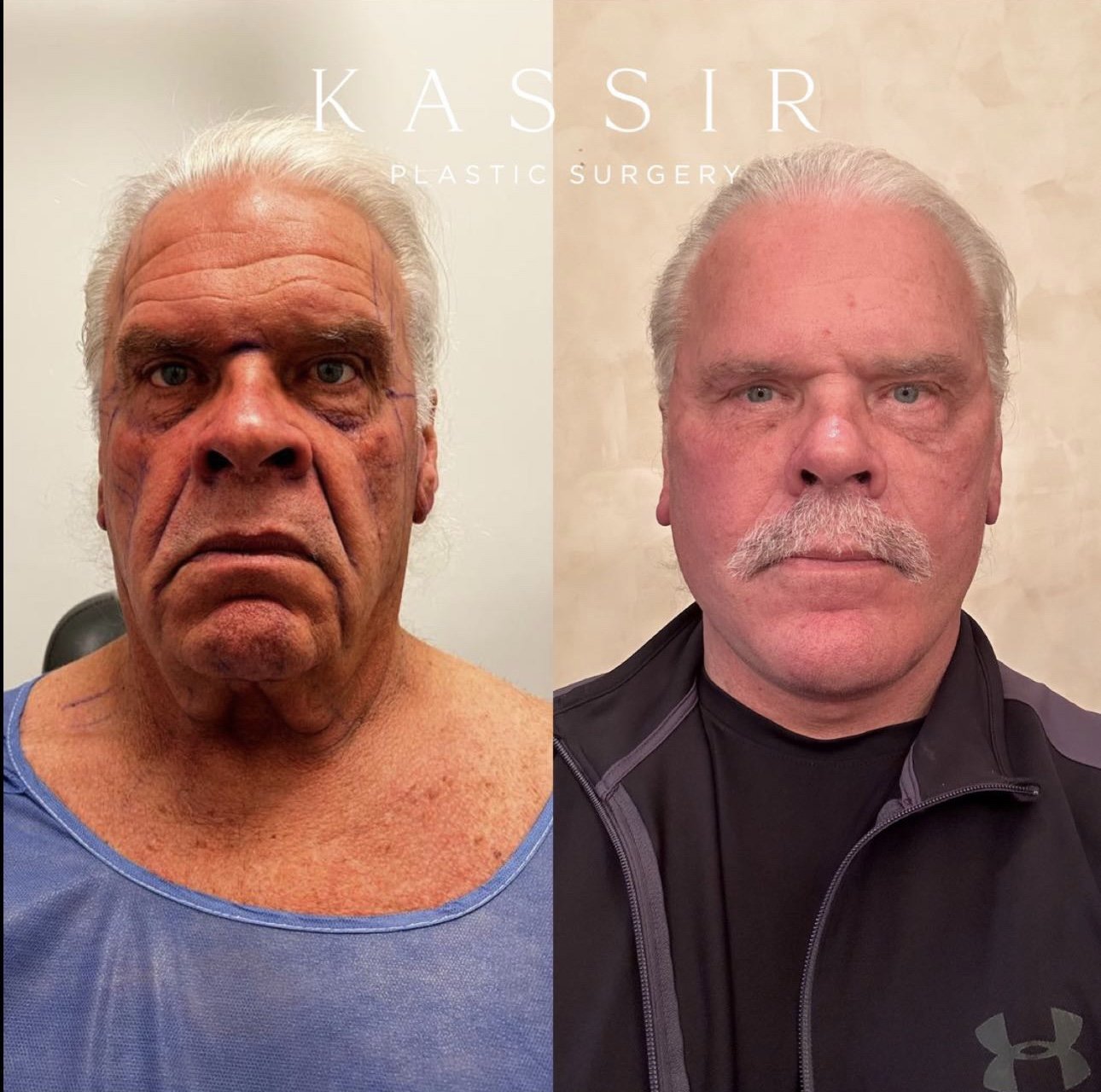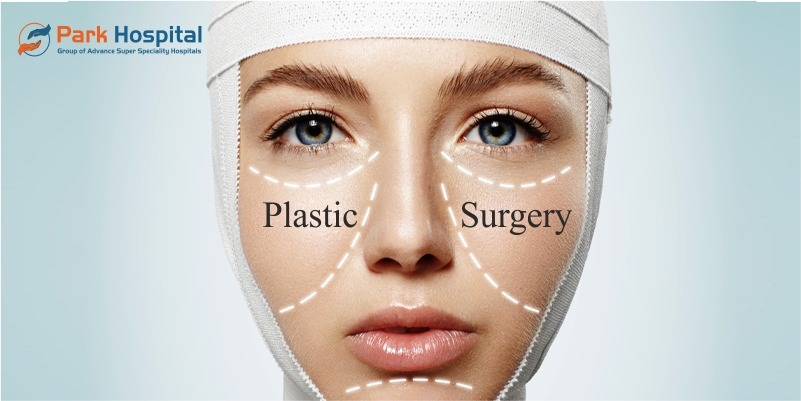Checking Out the Psychological and Social Aspects That Drive Individuals to Think About Aesthetic Surgical Treatment as a Means of Enhancement
The decision to pursue plastic surgery usually extends beyond mere aesthetic appeals, intertwining with psychological and social dynamics that warrant comprehensive examination. Elements such as self-confidence, pervasive social elegance standards, and the pervasive influence of social media merge to form private motivations for surgical enhancement. As these impacts become progressively popular, recognizing the underlying cultural and emotional contexts is necessary. What remains to be explored is the extensive influence these factors have not just on individual identification however also on wider societal standards and values surrounding elegance and approval.
The Role of Self-Esteem
Self-esteem significantly influences an individual's choice to seek plastic surgery. Individuals with reduced self-worth usually regard themselves in an unfavorable light, leading to sensations of inadequacy regarding their physical look. This negative self-perception can drive them to seek medical treatments as a technique of boosting their self-image. The desire for enhancement in one's appearance is regularly linked to an idea that such changes will certainly boost their overall self-regard and self-confidence.

Eventually, the duty of self-confidence in the decision-making procedure relating to cosmetic surgery highlights the complicated interaction between body image, individual contentment, and mental wellness. Recognizing this connection is important for health care specialists to make sure that patients are making notified choices rooted in practical assumptions and psychological health.
Social Beauty Standards
Influenced by pervasive media representations and social stories, societal charm criteria play an essential role in shaping people' assumptions of their own bodies. These standards are frequently defined by an idyllic type of charm that highlights traits such as slimness, symmetry, and youthfulness. As these perfects are continued with different channels, including advertising and marketing, television, and film, individuals regularly internalize these messages, resulting in dissatisfaction with their natural look.
The ramifications of these social norms expand beyond aesthetic preferences; they can influence self-confidence, psychological health and wellness, and interpersonal relationships. Individuals that regard themselves as dropping short of these standards may experience sensations of insufficiency, prompting a desire for cosmetic surgical procedure as a means of attaining societal approval. This quest is commonly sustained by the belief that complying with these ideals will certainly improve not just physical appearance but also social standing and individual satisfaction.

Influence of Social Network
The effect of societal elegance standards is further intensified by the increase of social media sites platforms, where curated pictures and idealized depictions of appeal are common. Users are constantly revealed to filtered and modified photographs, which usually portray unattainable physical characteristics. This direct exposure grows a culture of contrast, leading people to assess their own look versus these typically unrealistic benchmarks.
Social media site click now influencers and stars regularly advertise cosmetic treatments, normalizing the notion that surgical improvements are a feasible means for achieving social perfects (plastic surgery rancho cucamonga). The visibility of these enhancements can develop an understanding that undergoing cosmetic surgical treatment is a standard method, thus influencing people to think about comparable treatments as a pathway to enhanced self-esteem and social approval
In addition, the interactive nature of social media permits immediate feedback via sort and remarks, even more enhancing the desire to satisfy prominent elegance standards. Such communications can intensify feelings of inadequacy and drive people toward cosmetic surgical procedure as a way of obtaining recognition. Ultimately, social media plays a critical function fit assumptions of beauty, which dramatically impacts the decision-making processes surrounding plastic surgery.

Social Viewpoints on Look
Throughout different societies, perceptions of look are deeply rooted in historic, social, and economic contexts, forming individuals' sights on beauty and charm. In many cultures, look acts as a substantial marker of identity, affecting social status, expert chances, and individual partnerships. For instance, in some cultures, light skin is often connected with wide range and benefit, while others may glorify go to my blog darker skin tones as symbols of stamina and authenticity.
In addition, standard charm standards are often continued with social stories, media representations, and family members affects, causing varying ideals across different areas (plastic surgery rancho cucamonga). In Western societies, the emphasis on young people and physical conditioning commonly drives people toward cosmetic enhancement, while in specific Eastern societies, more refined adjustments aligned with traditional appearances might be favored
Globalization and the spreading of digital media have additionally complicated these dynamics, producing a hybridization of charm ideals that transcends geographical boundaries. As people significantly browse these social stories, the pressure to comply with certain appearance standards can bring about the wish for plastic surgery, mirroring a complex interplay of cultural worths and personal goals. Understanding these cultural viewpoints is necessary in addressing the motivations behind plastic surgery considerations.
Psychological Impacts of Plastic Surgery
Lots of individuals seeking plastic surgery record experiencing extensive emotional impacts that can dramatically change their self-perception and emotional well-being - plastic surgery rancho cucamonga. The need for physical improvement typically comes from underlying issues such as low self-confidence, body dysmorphic condition, or societal pressures regarding appeal requirements. For some, the prompt post-operative phase can result in a temporary published here boost in confidence and complete satisfaction with their look, fostering a feeling of empowerment
Nonetheless, these positive feelings might not be sustaining. Research indicates that while some individuals experience boosted self-esteem, others may deal with intense stress and anxiety or anxiety if their assumptions are not fulfilled. This discrepancy can arise from unrealistic suitables continued by media depiction and social stories surrounding appeal.
Furthermore, the mental implications of cosmetic surgical procedure prolong beyond the person. Relationships with friends and family might be stressed as social characteristics shift, bring about feelings of isolation or alienation. Inevitably, the emotional influences of plastic surgery are multifaceted and complicated, requiring careful consideration by both potential patients and medical care service providers to ensure informed decision-making and realistic assumptions.
Final Thought
Finally, the choice to go after plastic surgery is significantly influenced by a combination of self-worth issues, social charm standards, and social viewpoints on appearance. The pervasive reach of social media even more worsens these stress, promoting unrealistic suitables that people commonly make every effort to achieve. Recognizing these psychological and social elements is vital for addressing the motivations behind cosmetic surgery, highlighting the requirement for an extra nuanced conversation surrounding elegance and self-acceptance in contemporary society.
The decision to go after cosmetic surgical procedure usually expands beyond simple aesthetics, intertwining with mental and social dynamics that warrant comprehensive exam. Eventually, social media plays a crucial function in forming understandings of elegance, which substantially impacts the decision-making processes bordering cosmetic surgery.
As individuals increasingly browse these social stories, the stress to adapt to certain look criteria can lead to the need for cosmetic surgical treatment, mirroring a complex interaction of social values and personal goals.In verdict, the decision to go after cosmetic surgical procedure is considerably influenced by a mix of self-esteem issues, social charm requirements, and cultural point of views on appearance. Recognizing these social and emotional factors is essential for addressing the motivations behind cosmetic surgery, highlighting the requirement for an extra nuanced discussion bordering appeal and self-acceptance in contemporary society.
Comments on “Plastic Surgery Rancho Cucamonga: Enhance Your Confidence with Custom-made Cosmetic Treatments”